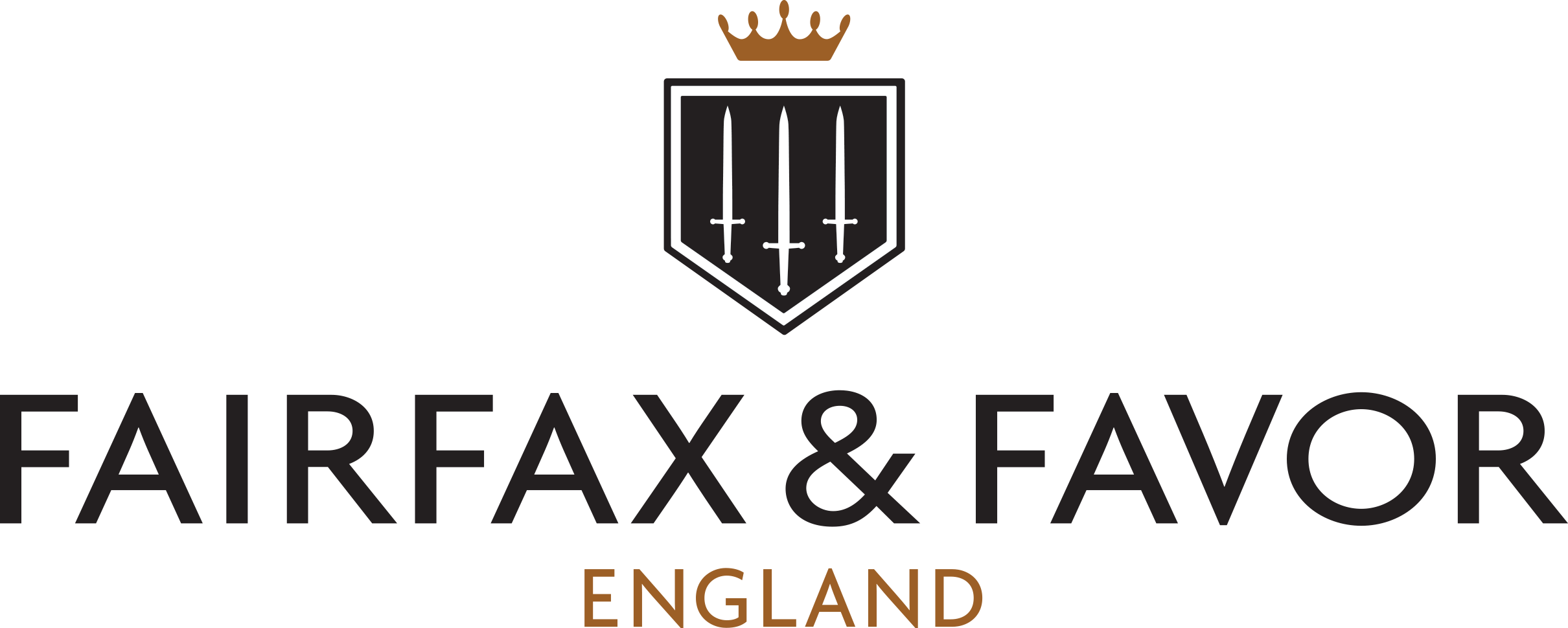

Fairfax and Favor

Norfolk, United Kingdom
September 2024
Leather & related products
Wholesale/Retail
United Kingdom,
United States
Fairfax and Favor is a leather footwear and lifestyle brand founded in 2013 by two childhood friends Marcus and Felix. Their vision, to design and sell luxury leather goods inspired by British country lifestyle. Creating beautiful leather footwear with matching accessories with the focus on unrivalled quality of the product, raw materials, the factories they work with and a commitment to their customers and community. With a portfolio of 6 stores and over 50 independent stockists and still growing, the heart and values of the business and their original mission statement remains the same. “Pioneer Rural Vogue” To inspire and empower their customers to feel confident and look fabulous by creating distinctive, timeless and effortlessly stylish products. To build a brand and community which will make a meaningful positive impact in the world. A commitment to their people and planet by traceability throughout the supply chain, enabling positive choices and education to change. Committed to reducing landfill by manufacture of quality, lasting goods which are able to be repaired and re-loved. Promoting and creating social value – Annual profit sharing and incentive schemes demonstrates their commitment to the team who embody the Fairfax & Favor way of life.
Overall B Impact Score
Governance 15.8
Governance evaluates a company's overall mission, engagement around its social/environmental impact, ethics, and transparency. This section also evaluates the ability of a company to protect their mission and formally consider stakeholders in decision making through their corporate structure (e.g. benefit corporation) or corporate governing documents.
What is this? A company with an Impact Business Model is intentionally designed to create a specific positive outcome for one of its stakeholders - such as workers, community, environment, or customers.
Workers 24.8
Workers evaluates a company’s contributions to its employees’ financial security, health & safety, wellness, career development, and engagement & satisfaction. In addition, this section recognizes business models designed to benefit workers, such as companies that are at least 40% owned by non-executive employees and those that have workforce development programs to support individuals with barriers to employment.
Community 20.6
Community evaluates a company’s engagement with and impact on the communities in which it operates, hires from, and sources from. Topics include diversity, equity & inclusion, economic impact, civic engagement, charitable giving, and supply chain management. In addition, this section recognizes business models that are designed to address specific community-oriented problems, such as poverty alleviation through fair trade sourcing or distribution via microenterprises, producer cooperative models, locally focused economic development, and formal charitable giving commitments.
Environment 16.4
Environment evaluates a company’s overall environmental management practices as well as its impact on the air, climate, water, land, and biodiversity. This includes the direct impact of a company’s operations and, when applicable its supply chain and distribution channels. This section also recognizes companies with environmentally innovative production processes and those that sell products or services that have a positive environmental impact. Some examples might include products and services that create renewable energy, reduce consumption or waste, conserve land or wildlife, provide less toxic alternatives to the market, or educate people about environmental problems.
Customers 4.8
Customers evaluates a company’s stewardship of its customers through the quality of its products and services, ethical marketing, data privacy and security, and feedback channels. In addition, this section recognizes products or services that are designed to address a particular social problem for or through its customers, such as health or educational products, arts & media products, serving underserved customers/clients, and services that improve the social impact of other businesses or organizations.